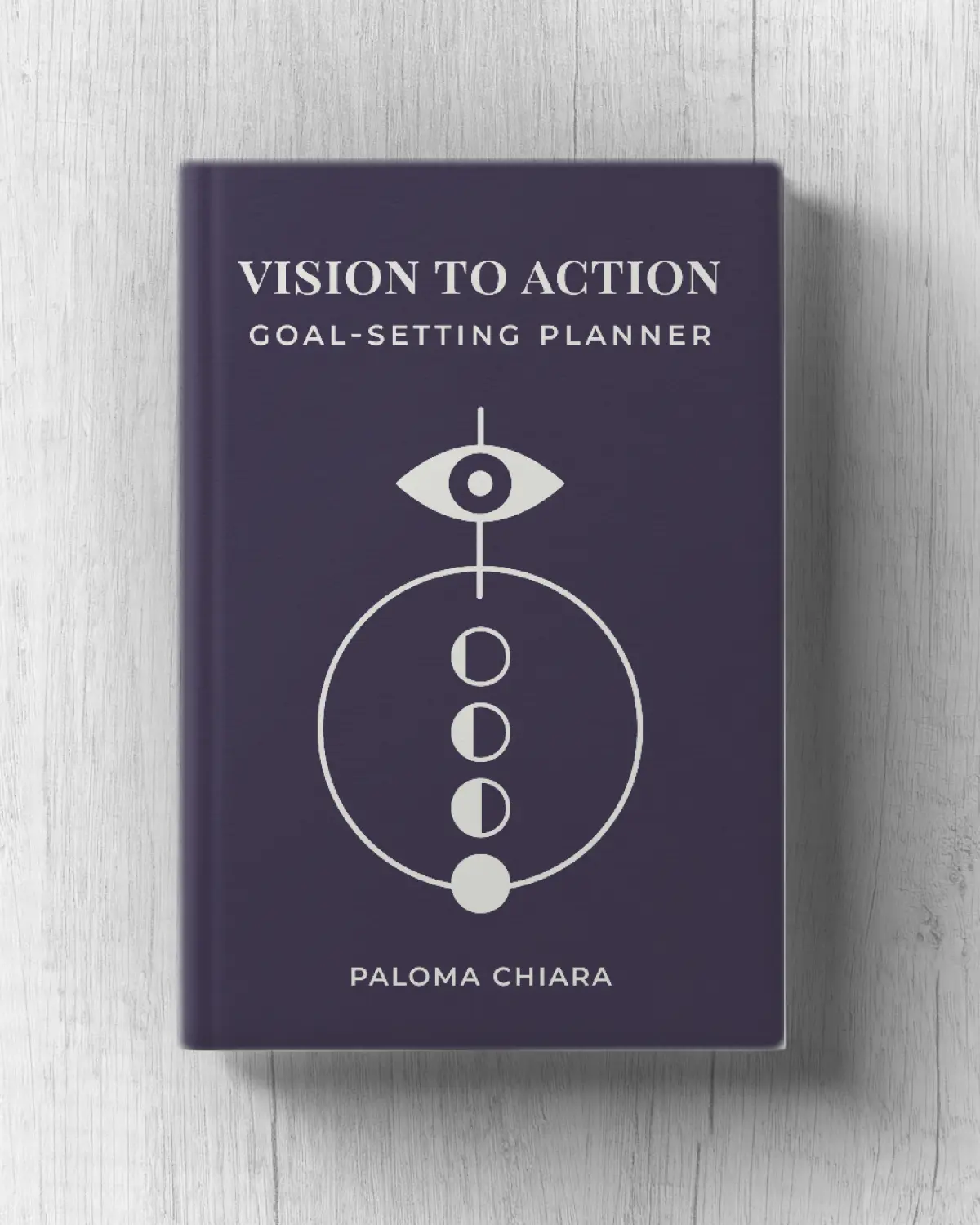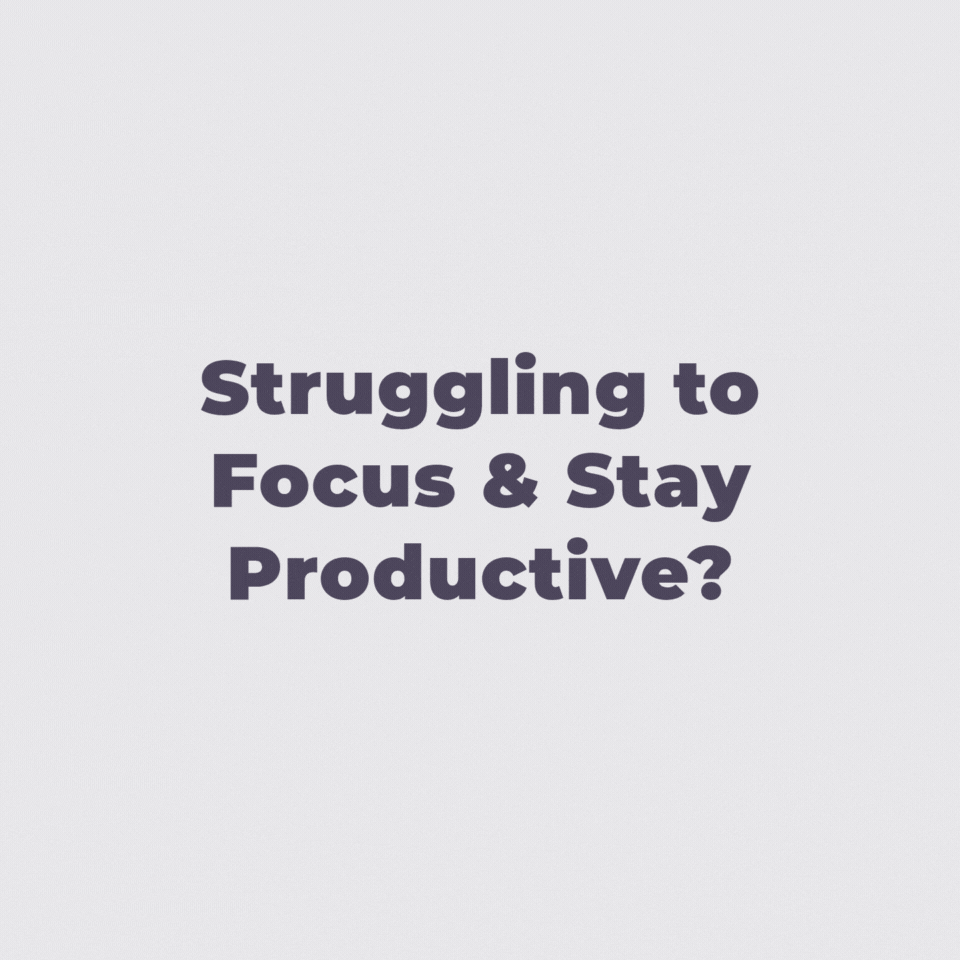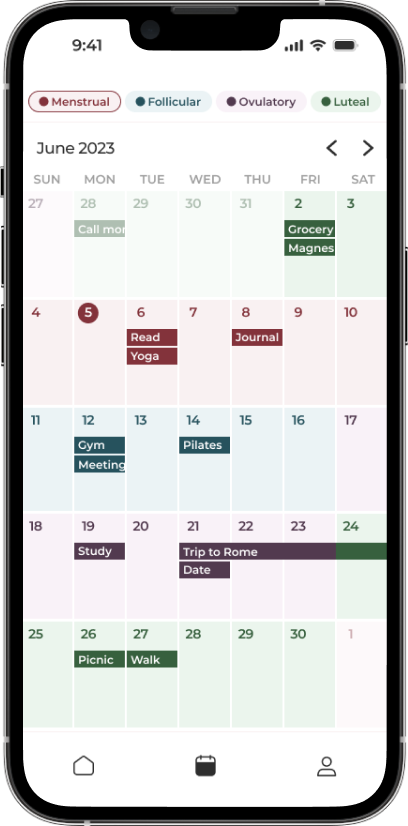What Is Goal-Setting Theory?

Goal-setting theory is a psychological framework that explains how setting specific and challenging goals can lead to higher performance and motivation. Developed by Edwin Locke in the 1960s, it emphasizes that clear, well-defined goals are key to achieving success, as they help direct focus and effort.
The Key Principles of Goal-Setting Theory
1. Clarity
Goals need to be specific and unambiguous. Vague goals like “get better at fitness” are less effective than clear, measurable ones like “work out 4 times a week for 30 minutes.”
2. Challenge
The goals should be challenging but achievable. Goals that are too easy may not motivate you, while overly difficult goals may feel discouraging. Striking the right balance motivates effort and persistence.
3. Commitment
The more committed you are to a goal, the more likely you are to achieve it. Commitment can be strengthened by making the goal personally meaningful and tying it to your values.
4. Feedback
Regular feedback on your progress helps you stay on track. It provides the opportunity to adjust strategies if needed and reinforces the desire to continue pursuing the goal.
5. Task Complexity
The difficulty of the goal should align with your ability and resources. Complex goals may require breaking them down into smaller, more manageable tasks.
How Goal-Setting Theory Works:
- Directs Focus: Having a clear goal helps prioritize tasks and concentrate efforts on the actions that matter most.
- Increases Motivation: Specific and challenging goals push you to put in greater effort, as they offer a sense of purpose.
- Enhances Performance: By setting clear objectives, you can measure progress and adjust when necessary, leading to better outcomes.

Check out the Vision to Action Planner for only 6$
More infoGoal-Setting Theory Examples
Fitness Goal: Run a 5k Race in 3 Months
- Clarity: Instead of a vague goal like “get in shape,” set a specific goal: “Run a 5k race in 3 months.”
- Challenge: The goal is challenging but achievable—running a 5k is a tangible and measurable target for someone who has basic fitness.
- Commitment: Make the goal meaningful by connecting it to a personal reason, like improving health or pushing physical limits.
- Feedback: Track progress through weekly runs, measuring time and distance. Adjust your training plan as needed.
- Task Complexity: Break the larger goal into smaller steps, such as running 2 kilometers by week 1, then gradually increasing your distance.
Career Goal: Get Promoted to Manager in the Next Year
- Clarity: The goal is specific—“Get promoted to a manager role within the next year.” This gives clear direction.
- Challenge: It’s a moderately challenging goal that requires dedication and improvement of skills, but it’s achievable with focused effort.
- Commitment: Write down why you want the promotion (e.g., career growth, more responsibilities). Share your goal with a mentor or supervisor for accountability.
- Feedback: Ask for performance reviews and feedback regularly from your manager or colleagues. Adjust your approach based on the feedback.
- Task Complexity: Break down the goal into smaller steps, such as taking on new projects, attending management training, or improving leadership skills.
Financial Goal: Save €5,000 for an Emergency Fund in 6 Months
- Clarity: Instead of a vague “save money,” set a specific and measurable goal: “Save €5,000 for an emergency fund by the end of 6 months.”
- Challenge: Saving €5,000 in 6 months is a realistic yet challenging goal, pushing you to make sacrifices and stay disciplined.
- Commitment: Tie the goal to the importance of having financial security and peace of mind. This increases motivation to stick to it.
- Feedback: Review your savings progress monthly. Check whether you are on track and adjust your budget or expenses as needed.
- Task Complexity: Break the goal into smaller tasks, like saving €800 each month or €200 a week. This will help ensure it’s manageable.
Learning Goal: Become Fluent in Spanish in 1 Year
- Clarity: Define a clear goal: “Become conversationally fluent in Spanish within 1 year.”
- Challenge: Learning a new language is challenging, but a year gives you enough time to achieve conversational fluency.
- Commitment: Reflect on why learning Spanish matters to you—whether for travel, work, or personal growth. This emotional connection strengthens your resolve.
- Feedback: Test your progress by practicing with native speakers, using language learning apps, or taking regular tests. Adjust your learning methods if necessary.
- Task Complexity: Break the year into months and weeks, focusing on specific vocabulary, grammar, or conversation skills. For example, “Learn 50 new words every week.”
Personal Development Goal: Meditate for 10 Minutes Every Day for 30 Days
- Clarity: The goal is very clear: “Meditate for 10 minutes every day for 30 days.”
- Challenge: Although meditating for just 10 minutes is not extremely difficult, committing to it every day for a month adds a level of challenge.
- Commitment: Write down how meditation will help you improve mental clarity, reduce stress, or increase mindfulness, creating a strong connection to the goal.
- Feedback: Keep a journal of how you feel before and after each meditation session to track your mental progress. Adjust the time or style of meditation if needed.
- Task Complexity: The task is simple but can be broken into smaller steps, such as choosing the best time of day to meditate or experimenting with different types of meditation (guided, mindfulness, etc.).
In each of these examples, the goal follows the core principles of Goal-Setting Theory by being clear, challenging, and connected to personal motivation, with continuous feedback and manageable steps. This approach ensures that goals are achievable and motivating while maintaining a structured path to success.
Quiz: What Is Blocking Your Success?
This quick quiz will help you figure out which mental or behavioral pattern might be holding you back from achieving your full potential. Identifying your specific success blocker is the first step toward breaking through to new levels of achievement and fulfillment.
Read each question and choose the answer that feels most true to your situation.
No email or payment is required to complete the quiz and receive your personalized insights.
Once you have your primary success blocker, you have clarity about what’s been holding you back. This awareness is powerful—many people spend years struggling without understanding the specific pattern that’s limiting their progress.
Remember, these patterns aren’t permanent character traits but rather habitual ways of thinking and behaving that can be changed with the right guidance and practice.
If you’re ready to break through your specific blocker and achieve the success you know you’re capable of, send me an email to try out a coaching session. Your breakthrough awaits!
Still waiting for the 'perfect time'?
Email me what you'd do if you stopped making excuses. We'll work backwards from there.
Let's startRecent posts
-
The Complete Guide to Becoming a High Achiever
Read blog -
How To Make a Positive Impact in Your Community
Read blog -
What Is the “Winter Arc” Challenge?
Read blog -
What Is "the Great Lock-In" and Should You Try It?
Read blog -
What Are the 75 Hard and Soft Challenges?
Read blog -
How to Validate Yourself
Read blog

The App Made To Sync Your Lifestyle to Your Menstrual Cycle.
A solution for women who are looking to keep track of what they sync to their cycles, such as fitness, diet, etc. by adding it to a calendar that also predict their phases.
Learn more





Comment